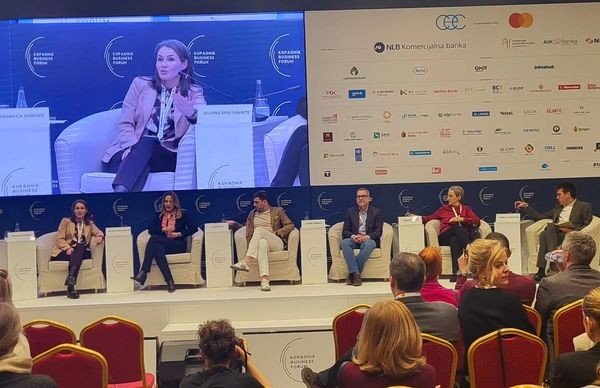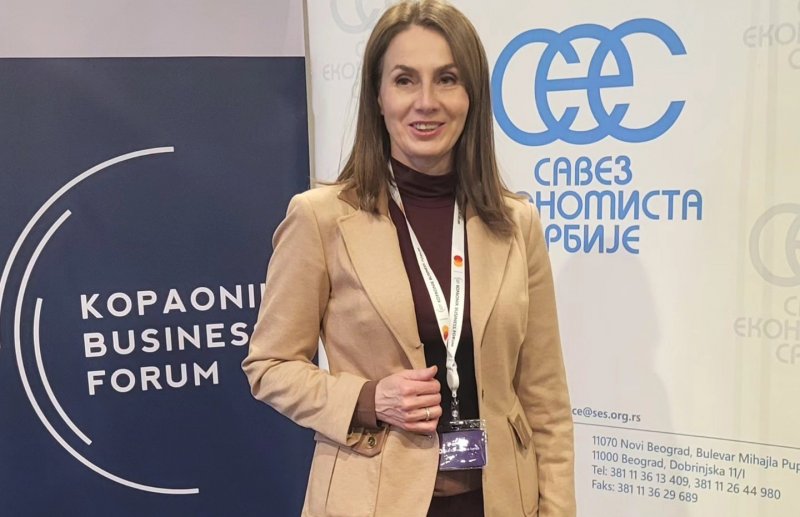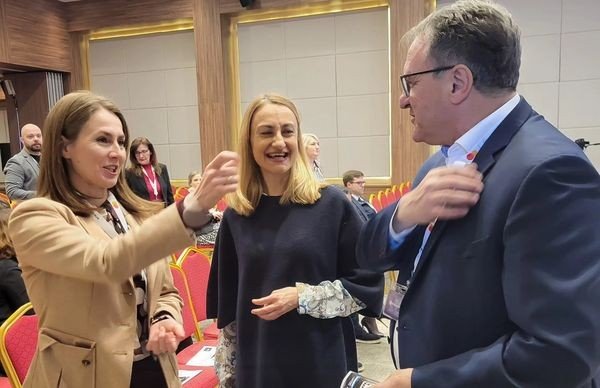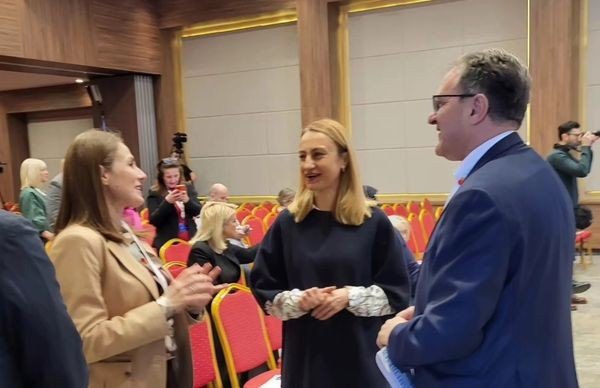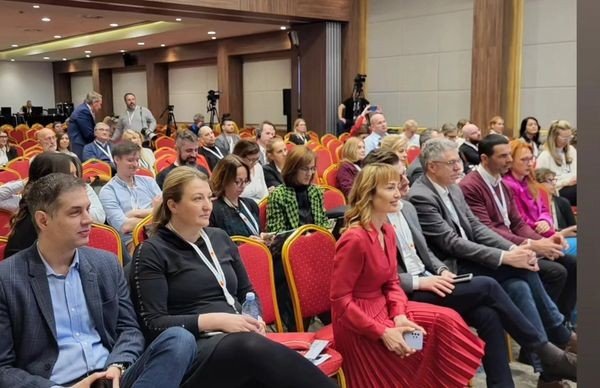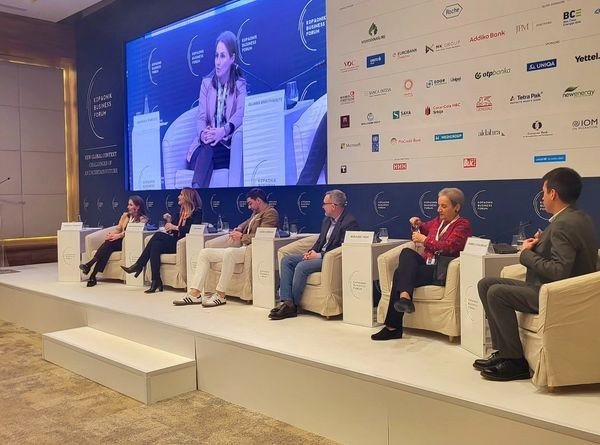Equality between women and men in the business sphere cannot be achieved if it does not exist in other areas of life as well, and the burden of this process must not lie on women only, said Commissioner for the Protection of Equality, Brankica Janković, as the keynote speaker at the panel “Gender equality as a prerequisite for social and economic development” held within the Kopaonik Business Forum.
At the beginning of the panel, the Commissioner stated that the reports of the most relevant European and world institutions show that a consistent application of the principle of gender equality would contribute not only to economic growth but also to a sense of personal happiness for many people. At the same time, the numbers tell us that we are 131 years away from full equality. Changes are complex and consist of processes that have their dynamics and can be influenced by numerous factors, including the recently adopted EU directive, the development of artificial intelligence, and the increased number of women in STEM sciences, but also the views and actions of people who need to carry out these changes, said Janković.
The interlocutors of the Commissioner were the Executive Director of Sustineri Partners Biljana Brajtvajt, actor Milan Marić, Deputy General Director of NIS and Director of the Function for Relations with State Authorities and Corporate Communications Vadim Smirnov, adviser in the Register of National Internet Domains (RNIDS) Mirjana Tasić and representative of Green-left front, Dobrica Veselinović. In the discussion with the Commissioner, they tried to analyze the impact of policies aimed at achieving equality between women and men in all areas of life from the point of view of the profession they are engaged in, but also from a personal point of view, as well as answer the question of what is an obstacle and what is a motivation for greater inclusion of women and their subsistence in key positions for a society.
During the discussion, it was pointed out that prejudices about men as better leaders and business managers are still strong everywhere in the world, as well as that changes cannot remain on directives only, but a wider engagement of the whole society is needed, noting that what happens within families, schools, companies, and public space must be taken into consideration. It was also stated that new technologies are an opportunity for women to engage more in jobs traditionally perceived as male, as well as that he fact that girls in Serbia are not prejudiced when choosing a university is encouraging.
